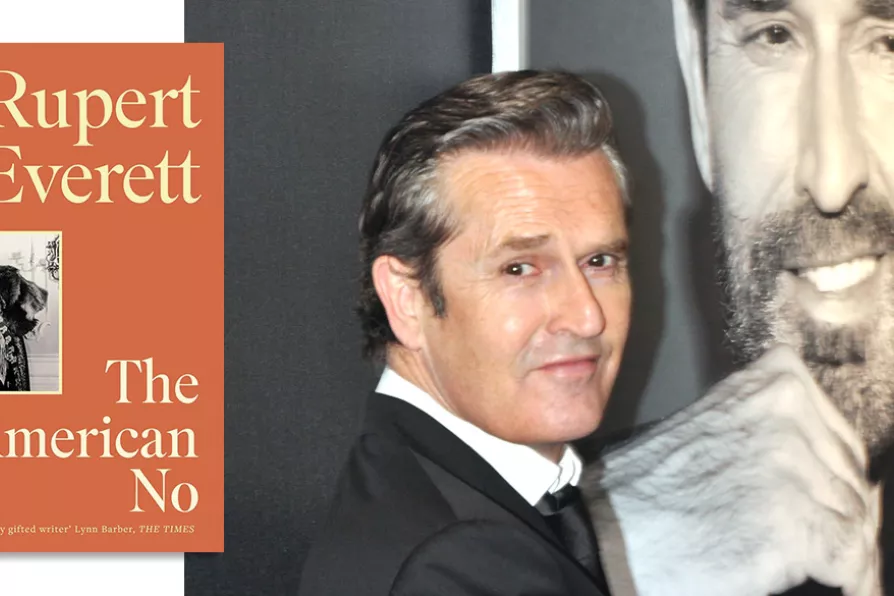JOHN GREEN, MARIA DUARTE and ANGUS REID review Fukushima: A Nuclear Nightmare, Man on the Run, If I Had Legs I’d Kick You, and Cold Storage

 MAKING THE BEST OF REJECTION: Rupert Everett at Munich Filmfestival 2015
[Pic: Harald Bischoff/CC]
MAKING THE BEST OF REJECTION: Rupert Everett at Munich Filmfestival 2015
[Pic: Harald Bischoff/CC]
The American No
Rupert Everett, Abacus, £20
Somewhat mantra-like, the words favourite writer, gifted storyteller, literary star, writer, gifted writer, writer to his (aching) bones, sequentially appear on the jacket of The American No, a short-story collection penned by Rupert Everett.
Such peppering served to pique my awareness of clunkers like “one Sunday morning we found ourselves in the Kit Kat club as usual” and “she ran out into the bazaar, into the orange glare” and (on the loading of a hearse) “the bouncers secured the coffin to the brass rails and fastened the flowers on top before climbing in.”

KEN COCKBURN guides us through a survey of Chekov’s early short fiction, and the groundwork it laid for his later masterpieces

In this production of David Mamet’s play, MARY CONWAY misses the essence of cruelty that is at the heart of the American deal











